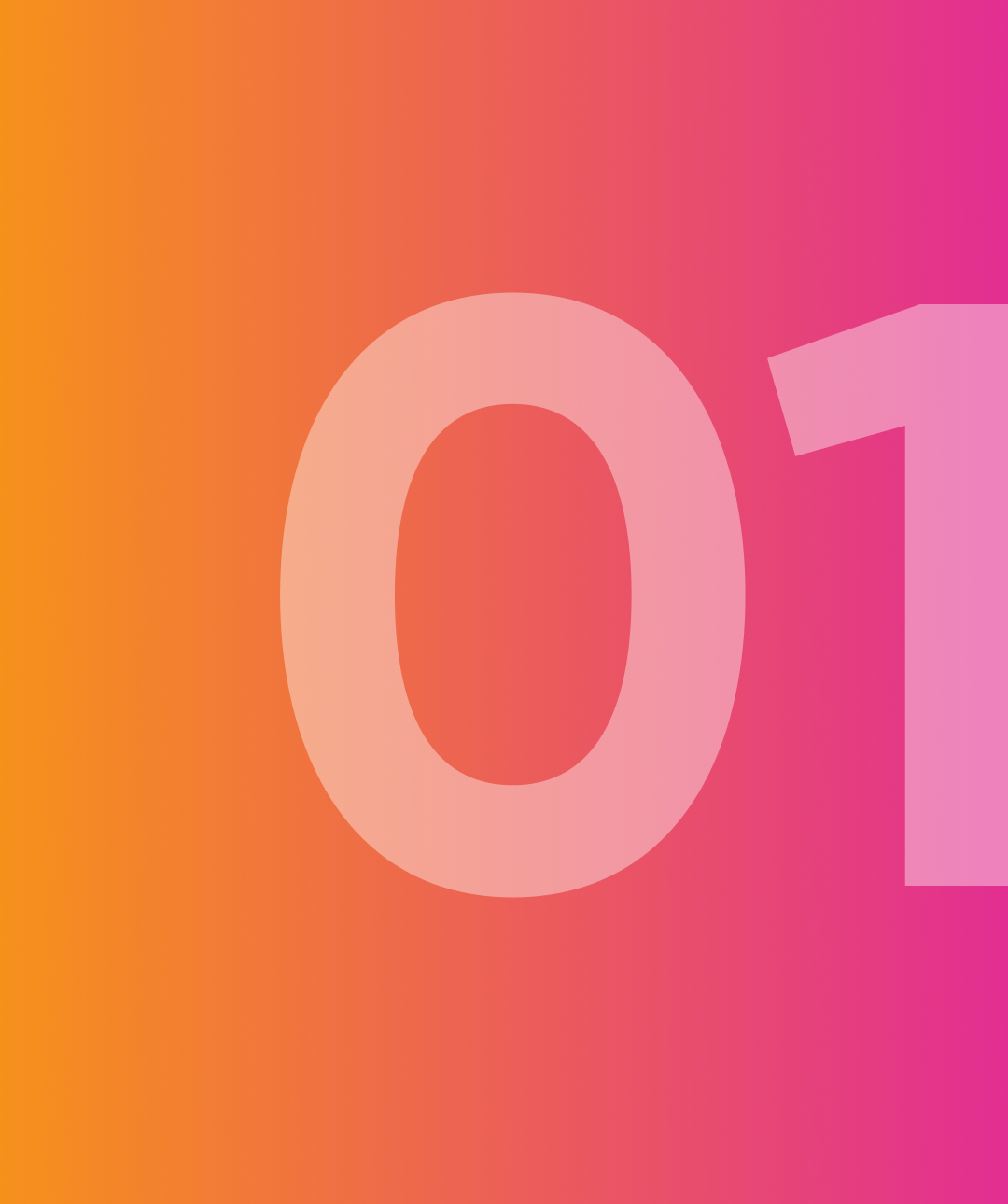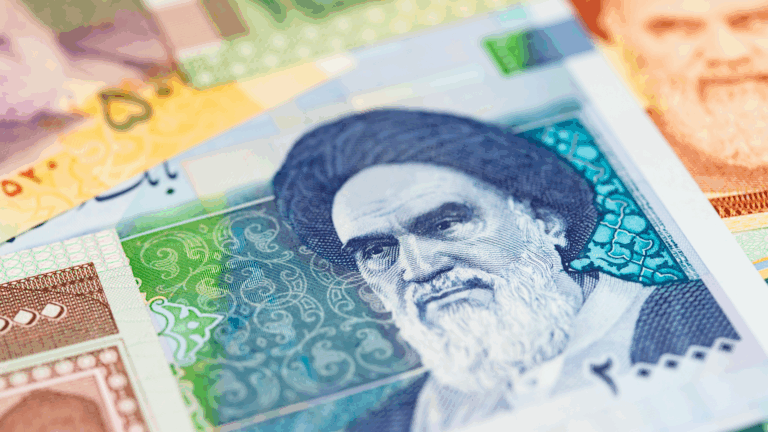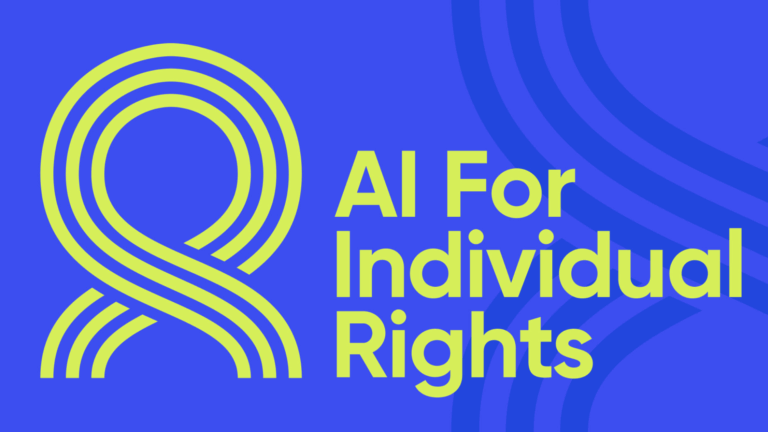Global News
Forbes profiles how Nigerians continue to flock to Bitcoin and stablecoins as monetary alternatives to the collapsing Naira, especially in anticipation of the upcoming Bitcoin halving in April 2024. The author — Btrust board member Abubakar Nur Khalil — gives a detailed overview of how Bitcoin remains a lifeline for Nigerians who deal with a fiat currency that has shrunk from being worth 462 per dollar officially in June, to more than 1,100 per dollar in the streets today.
In a landmark move, an EU parliament committee rejected the mass scanning of private and encrypted communications, proving that democracies can still stand up for digital privacy and human rights. The move rejected the idea of scanning all digital messages, relieving pressure on end-to-end encrypted messaging providers from complying with an Orwellian law.
Coin Center published a new report questioning the legality of the Bank Secrecy Act. The report argues why creeping financial surveillance should not just be a worry for Americans but for everyone in the world. This is particularly true for people living under authoritarian regimes, as dictators often mimic regulations originating in the US and replicate them in more severe or restrictive ways.
The IMF agreed to grant Malawi a $178 million loan to support the country’s economic recovery. Earlier this month, in preparation for the loan, the southern African nation devalued its Kwacha currency from 1,180 to 1,700 per dollar. With such a sudden loss of purchasing power and yet another mountain of dollar-denominated debt, this has real monetary implications for Malawians. HRF plans to visit Malawi next month to meet educators working to help local communities adopt Bitcoin as an alternative currency.
According to a new Food Security report, Venezuelans have suffered the world’s highest nominal food price inflation rate at 318%. The Lebanese suffered an increase of 239%, followed by Argentines at 150% and Egyptians at 74%. As these countries face monetary challenges, it’s relevant to note that they also rank highly for Bitcoin and cryptocurrency adoption.
The Africa Bitcoin Conference, taking place on December 1-3 in Accra, Ghana, will showcase innovative Bitcoin products and services from across the African continent and will amplify key voices, helping millions of people escape from broken currency systems. Tickets are available here. HRF leadership will attend ABC. We are proud to support this event alongside Btrust, Block, Fedi, Strike, and others.
Last week, HRF unveiled its Central Bank Digital Currency Tracker at the National Press Club in Washington, D.C. This new tool tracks the development of CBDCs around the world, with a focus on their rollout in authoritarian countries and their threat to civil liberties. An Executive Summary explains:
-62% of governments (119 out of 193) are experimenting with CBDCs
-3.7 billion people (46% of the world’s population) are living under authoritarian regimes experimenting with CBDCs
-55 states have already piloted or deployed a CBDC








